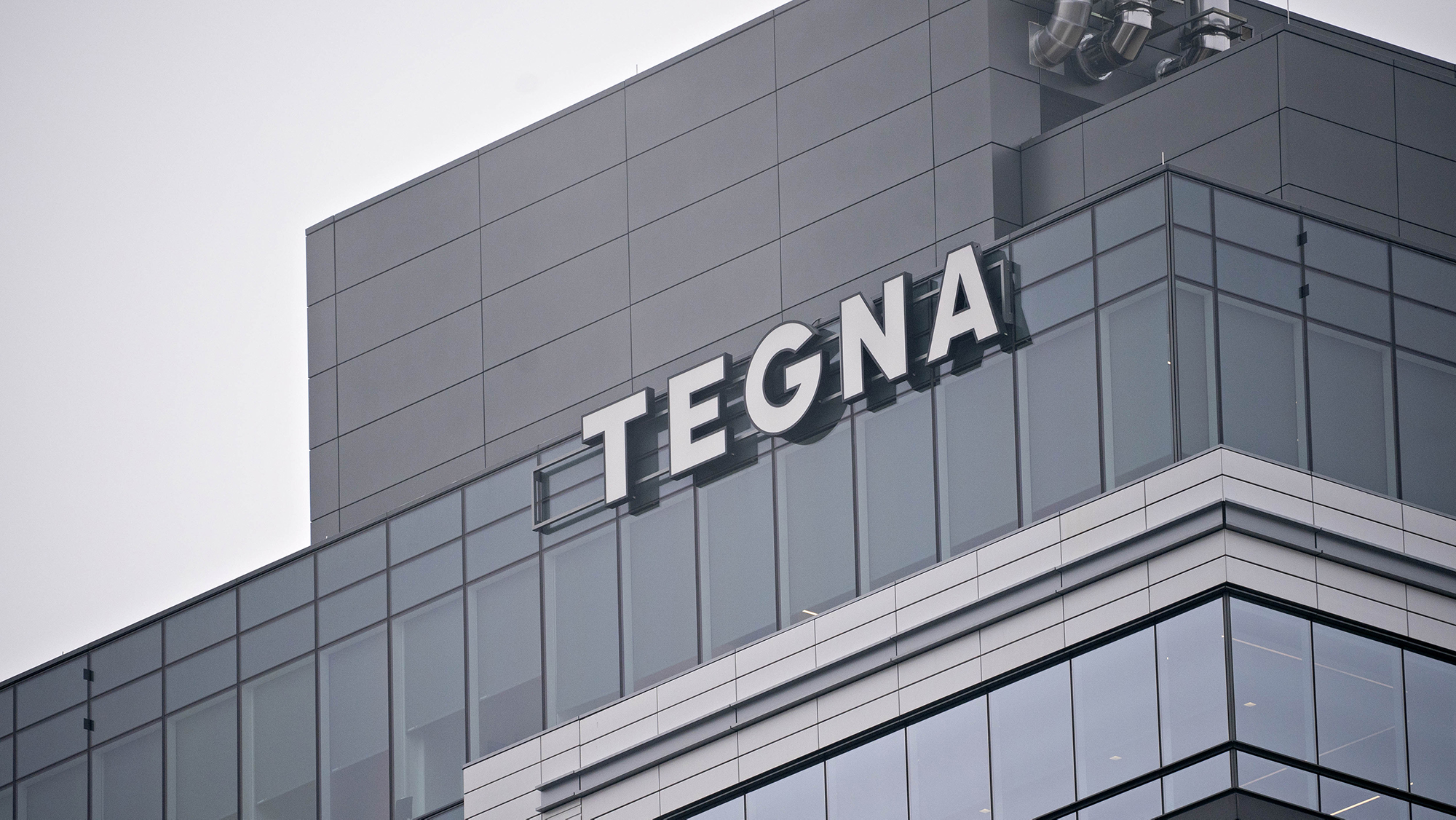NCTA Offers Edits for Standard General-Tegna Deal Conditions
Cable operator group says FCC also needs to add conditions to prevent any end-arounds

The smarter way to stay on top of the multichannel video marketplace. Sign up below.
You are now subscribed
Your newsletter sign-up was successful
Cable operators say various commitments made by Standard General to address their concerns about its deal to acquire station group Tegna need to be modified and expanded before the FCC considers signing off on the $8 billion-plus merger.
Tegna, which owns 64 TV stations in 51 U.S. markets, agreed to be acquired by Standard General in February for $8.6 billion including debt. Tegna also owns multicast networks True Crime Network, Twist and Quest, as well as advanced advertising company Premion.
NCTA–The Internet & Television Association has signaled to the Federal Communications Commission in comments on those commitments that while Standard General was close to addressing NCTA’s concerns, it was not ready to hand out the cigars.
The FCC has been vetting the proposed transaction for most of a year. At the end of 2022, Standard General offered up commitments it hoped would finally seal the deal, saying, among other things, that it met “all of the conditions on the transaction requested by NCTA.”
But in its comments on those commitments, NCTA told the FCC that while it appreciated the move, it went only “toward resolving our members’ concerns” about the transaction and its “potential for information-sharing and coordination of retransmission consent negotiations,” signaling there was still work to do.
“Some of the conditions that they set out in their letter, however, do not accurately reflect the conditions we sought and appear intended to narrow the scope of the conditions,” NCTA said.
That narrowing, according to NCTA, included limiting information sharing to those involved in retrans agreements. NCTA said what it had asked for was sharing with those involved in the negotiations as well.
The smarter way to stay on top of the multichannel video marketplace. Sign up below.
NCTA had six conditions back in June and has now resubmitted them in light of Standard General's proposals, with language ensuring its cable operator members get exactly what they are looking for in terms of retrans protections.
NCTA also wants the FCC to make previous Standard General commitments into enforceable conditions, and add another condition as insurance against any percieved attempt to do an end-around of any of those other terms.
That new condition reads: “Standard General and/or TEGNA and CMG [Cox Media Group] and/or [Apollo Global Management] are barred from doing indirectly (e.g., through employees or agents shared by Standard General and/or TEGNA and CMG and/or Apollo) what the preceding conditions directly prohibit.
Also: Deadlocked FCC Still Has Power to Block Standard General-Tegna Deal
NCTA also wants clarification of a new Standard General proposal, which is that none of the conditions “require the parties to take any action” that would (a) prevent entry into ATSC 3.0 hosting or sharing agreements; (b) “restrict competition or limit the distribution of syndicated or other programming, such as TEGNA’s diginets”; or (c) “prohibit any party from reselling non-broadcast station products in any market or providing support services for producers of such products.”
NCTA said it is not clear what “non-broadcast station products” those are. It said the FCC needs to get that explained before NCTA or others could fully respond to the Standard General proposal.
On December 16, Standard General told the FCC it would not try to apply retransmission-consent agreements currently in place between Standard General’s Cox Media Group TV stations and Tegna stations (so-called after-acquired clauses). Multichannel video programming distributors (MVPDs) critical of the deal have pointed to the potential of those clauses as meaning they would have to start shelling out more for Tegna stations.
Then, on December 22, responding to concerns about newsroom cutbacks, Standard General pledged to the FCC “not to conduct any journalism or newsroom staffing layoffs” for at least two years, and said it would recognize the labor unions with current collective bargaining agreements with Tegna. Standard General has consistently said concerns about post-merger staff cuts at Tegna stations were unfounded.
On December 23, Standard General, which was clearly hoping to get the FCC to make a decision ASAP after months of vetting, said it would agree to all of the retransmission consent-related conditions NCTA had wanted for as long as it owned Tegna.
But the FCC sought comment on that latest proposal, with comments not due until later this month. The comment period could go even longer if the FCC agreed with NCTA that more comment was needed on the “non-broadcast station products issue.”
The FCC is currently on day 272 of its informal 180-day shot clock on reviewing proposed mergers, though it has more than occasionally honored that deadline in the breach rather than the observance. ▪️
Contributing editor John Eggerton has been an editor and/or writer on media regulation, legislation and policy for over four decades, including covering the FCC, FTC, Congress, the major media trade associations, and the federal courts. In addition to Multichannel News and Broadcasting + Cable, his work has appeared in Radio World, TV Technology, TV Fax, This Week in Consumer Electronics, Variety and the Encyclopedia Britannica.

